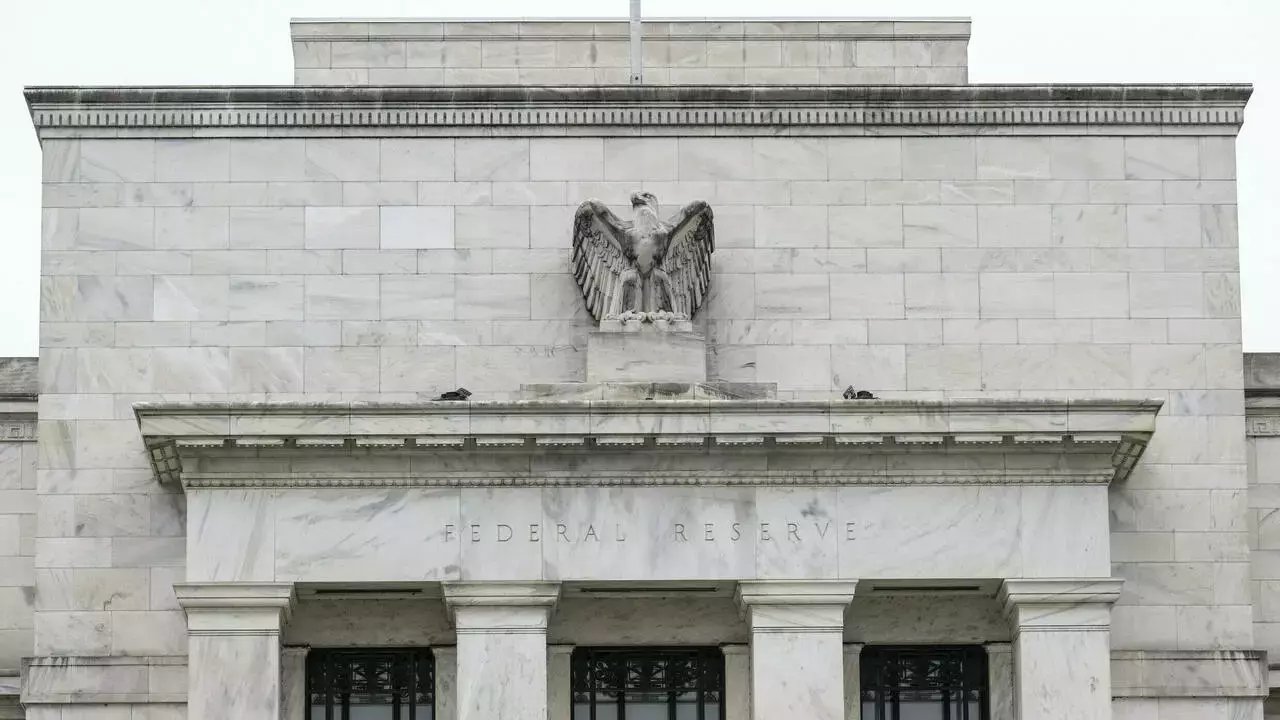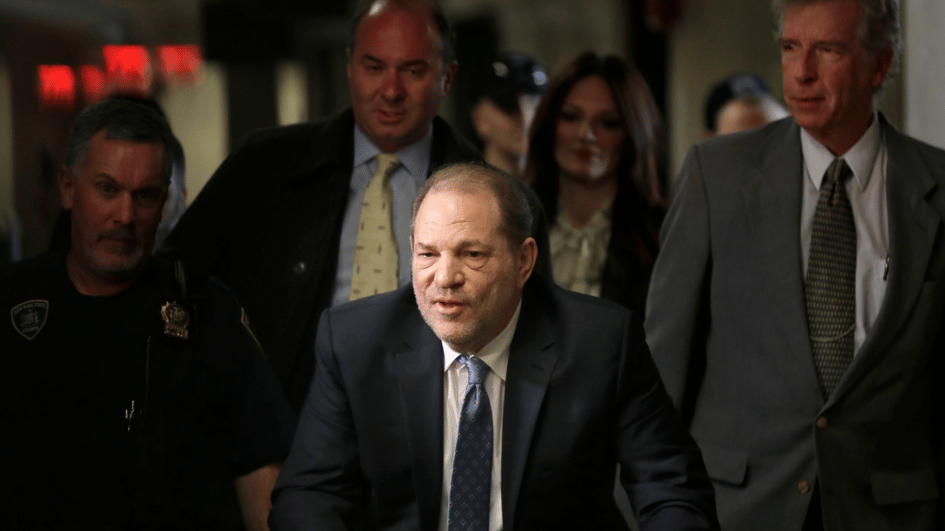Central banks walk inflation-recession tightrope
PARIS

Central banks have ramped up their battle against runaway inflation, a necessary remedy that could have the adverse side effect of tipping countries into recession, analysts say.
Last week, the U.S. Federal Reserve announced its biggest interest rate hike in almost 30 years, followed by the fifth straight increase by the Bank of England and the first in 15 years in Switzerland.
The moves rattled stock markets as investors fear that while the rate increases are needed, they could put the brakes on economic growth if the tightening of monetary policy becomes too aggressive.
“Recessions are increasingly likely as central banks race to dramatically raise rates before inflation spirals out of control,” said Craig Erlam, an analyst at online trading platform OANDA.
Capital Economics, a research group, said it does not anticipate a recession in the United States.
“But the Fed is deliberately tempering demand in order to reduce price pressures. This is a difficult line to tread and there is clearly a risk that it goes too far and the economy tips into recession,” it said in a note. ,
Emerging countries could be collateral victims from rate hikes. The dollar rises when the U.S. Fed raises its rates.
“A strong dollar will complicate (debt repayments) of countries with deficits, which borrow often in that currency,” said Frederick Ducrozet, chief economist at Pictet Wealth Management.
Central banks had insisted last year that inflation was only “transitory” as prices were driven up by bottlenecks in supply chains after governments emerged from lockdowns.
But energy and food prices have soared in the wake of Russia’s invasion of Ukraine, pushing inflation higher and prompting economists to lower the world’s growth prospects for this year.
This has left central banks with no other choice but to move more aggressively than planned.
More hikes are looming in the United States and Europe.
The European Central Bank has been slower to act than its peers. It is putting an end to its massive bond-buying scheme and will finally raise rates next month for the first time in a decade.
The eurozone faces another problem: The yields paid by its governments to borrow money have surged, with indebted countries such as Italy being charged a premium compared to Germany, a safer bet for investors.
Consumers will have to be patient before they see the rate hikes have an effect on prices.
Central banks do not have control over some of the problems that are lifting inflation, such as soaring energy and food prices, and the supply chain snarls.
Capital Economics said energy and food prices accounted for 4.1 percentage points of the 7.9 percent rise in consumer prices in major advanced economies over the past year.
It expects oil, gas, and agricultural commodity prices to start falling later this year, which would bring inflation down sharply, but core inflation rates will remain elevated.
















